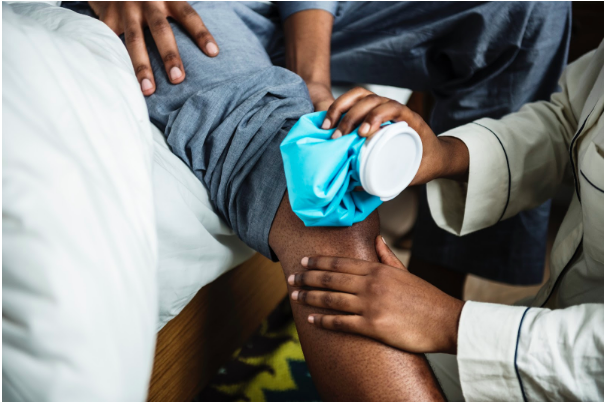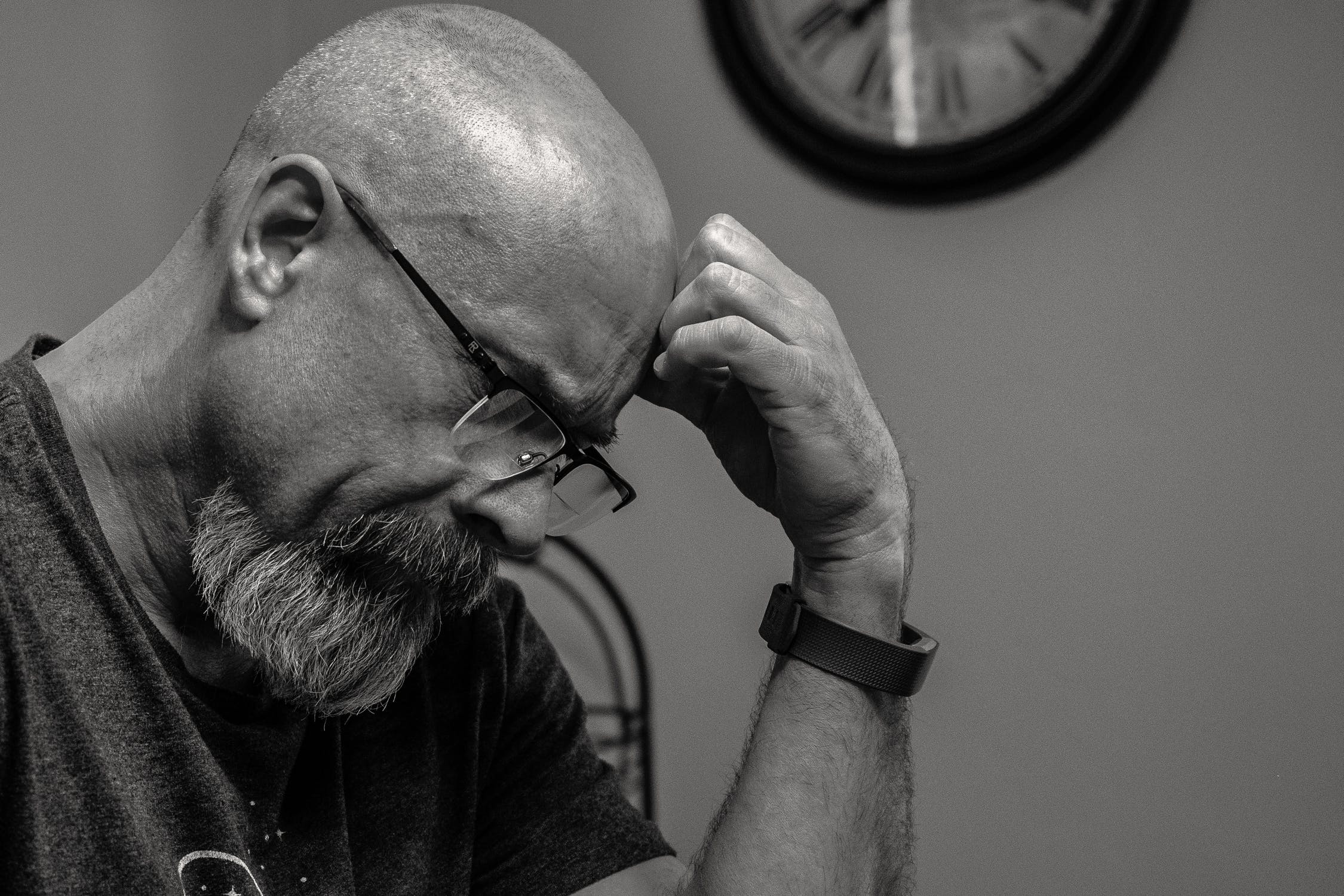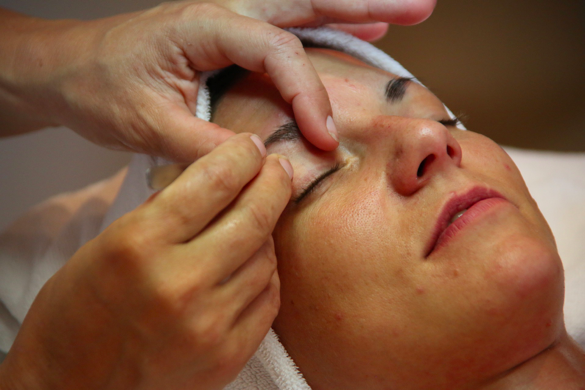Hair is an integrated system per se with unique physical and chemical properties. A nutrient-rich diet and healthy hair care habits protect hair and boost its growth. In contrast, a diet that lacks essential nutrients and/or habits that are not hair-friendly can end up damaging the properties of your hair and halting its growth. It is normal to lose around 50 to 100 hairs per day. That being said, shedding hair beyond the norm can wreak havoc on your hair. While all nutrients are vital to speed up hair growth, this post will walk you through scientifically proven mechanisms employed by the micronutrients (vitamins and minerals) to prevent hair loss and make your hair grow faster.
1. Biotin (Vitamin H or Vitamin B7)
Biotin – a water-soluble vitamin – is the most extensively studied vitamin for hair loss. The cosmetic and hair industries use biotin profusely and, it has, thus become trendy for consumers yearning for healthier, longer hair and nails. Biotin plays a major part in the formation of keratin (a naturally-occurring hair protein). This vitamin is also vital to promoting hair growth. That is why hair loss is a common feature of biotin deficiency. In fact, a 2016 study reported biotin deficiency in 38% of women with hair loss.
It is noteworthy that biotin deficiency is rare. This is because, the daily Adequate Intake (AI) of biotin is just 30 micrograms per day, which is likely to be fulfilled by a healthy diet. However, if you are pregnant, you may want to talk to your doctor about adding a good biotin supplement, as pregnancy may put you at risk of biotin deficiency. The AI is the daily intake amount of a nutrient that is supposed to Meet daily requirements and maintain good health. Also, try not to consume raw egg whites because the protein in raw egg whites tends to bind to biotin and prevents it from taking part in enzymatic reactions within our body.
2. Vitamin A
Vitamin A, which is found in carrots in high quantities, activates stem cells in the hair follicles. These stem cells give rise to all the hairs on your scalp. Adequate levels of vitamin A may help regulate the hair cycle such that it induces the growth phase of the hair follicle (which is the phase when lots of new hair will be growing on your head) while impeding the resting phase.
If taken as a supplement, you should be cautious about taking vitamin A as prescribed because taking a higher dose can trigger hair loss rather than stimulating its growth.
3. Vitamin E
This fat-soluble vitamin can do wonders for your hair, skin, and nails. It is a strong antioxidant and minimizes the oxidative stress in the scalp, which can otherwise cause your hair to age and fallout. A study conducted on twenty-one volunteers with hair loss revealed an increase in the hair count following vitamin E supplementation for 8 months. Oxidative stress is the process which generates highly-damaging ions called free radicals such as that generated by the ultraviolet rays (UV) of the sun. Vitamin E, can, thus, shield your scalp from the damaging effects of the UV rays.
Again, excessive vitamin E supplementation can do more harm than good to your hair.
4. Vitamin D
This bone-friendly vitamin is also effective at regenerating the stem cells that produce hair follicles. The cells lining the outer layer of hair root contain receptors to bind vitamin D. The vitamin D binds to these receptors and stimulates hair growth. The experts now link low levels of vitamin D to hair loss. Vitamin D levels, thus, form an important parameter to be tested when you seek your doctor’s help with this concern. Consuming dairy ensures adequate vitamin D intake.
5. Vitamin B3
Vitamin B3, or niacin deficiency used to be a well-known cause of hair loss for the 17th century Italians who suffered from pellagra – a condition characterized by hair loss, diarrhea, and skin inflammation. Their staple food was maize, which is a poor source of niacin. These days, people who drink plenty of alcohol, also tend to experience niacin deficiency.
Niacin relaxes (or widens) your blood vessels, including the blood vessels of your scalp, thereby, enhancing the blood flow to your scalp. The increased blood circulation speeds up hair growth. A trial done on women with hair loss showed a significant boost in hair volume after application of niacin-derived compounds for 6 months.
6. Vitamin C (Ascorbic Acid)
Ever wondered why women who drink fresh, squeezed orange juice regularly have healthy and shiny skin and hair? It is due to the presence of vitamin C in oranges. Just like vitamin E, vitamin C also has strong antioxidant properties. By fighting against the oxidative stress in your scalp and neutralizing free radicals, vitamin C maximizes hair growth.
A research conducted by the Ablon Skin Institute Research Center in LA showed a prominent upsurge in hair volume and hair count in women with hair thinning after they took a supplement for 90 days. In addition to other ingredients, this supplement also included vitamin C.
7. Vitamin B5 (Pantothenic Acid)
Another B complex vitamin that deserves mention here is vitamin B5. It not only prevents premature graying of hair but also fuels proper hair growth owing to its role in cell division. Moreover, vitamin B5 can drive production of oil, imparting moisture and shine to your dull, lackluster hair.
8. Minerals
Apart from the vitamins listed above, adequate levels of minerals, primarily including zinc, iron, and selenium, are also crucial to stimulating and then maintaining hair growth. Zinc plays a vital role in the signaling pathway of hair follicle development. A lack of zinc will eventually interfere with the normal development and structure of hair follicle.
Summary
Several factors affect the appearance of our hair and skin. In particular, our diet matters a lot. A lack of important nutrients can pave the way for hair thinning and hair loss. If you suffer from a disease that compromises your immunity or is likely to interfere with the health of your hair, fulfilling you nutrient demands possibly with the help of a supplement becomes more important.





